III. Infectious diseases
Infectious diseases are a group of diseases that are caused by the penetration of pathogenic (pathogenic) microorganisms into the body.
Some pathogenic microorganisms release toxins (endotoxins) in the process of self-destruction (typhoid fever, cholera). Other pathogens of infectious diseases release toxins (exotoxins) in the course of their life activity (diphtheria, tetanus).
Infectious diseases account for 20-40% of the total number of all human diseases.
To date, the number of infectious diseases known to science exceeds 1200, and this figure is constantly increasing.
The process of infectious diseases
Infectious diseases differ from non-infectious diseases in that the pathogenic agent and the organism in infectious diseases have a certain biological activity. Some people can carry the infection without getting sick themselves.
In the development of the pathological process, there are several main stages:
- the moment of infection – the penetration of pathogenic microbes into the body occurs;
- incubation (latent, latent) period – lasts from the moment of infection until the first symptoms of the disease appear;
- prodromal period (a harbinger of the disease) – accompanied by a slight increase in temperature, headache, feeling of weakness, general malaise;
- the period of growth of the disease – there is a consistent appearance of signs characteristic of a particular disease;
- the height of the disease is the time of a pronounced manifestation of all symptoms specific to the disease;
- the period of extinction of the disease – accompanied by the disappearance of clinical signs of the disease with a rapid (crisis) or slow (lysis) drop in temperature;
- recovery period – the duration depends on the general condition of the body, the conditions in which the patient is located, the severity of the disease.
Ways to prevent infectious diseases
Great importance is attached to the education of cleanliness in people. Ordinary hand washing after visiting the restroom, doing dirty work, before eating can already protect against many intestinal infections. In addition, the source of infection can be not only common areas, but also money, handrails in transport, the surface of counters, and much more.
Vaccination is a simple, safe and effective way to protect against diseases before a person comes into contact with their pathogens. Vaccination activates the body’s natural defense mechanisms to build resistance to a range of infectious diseases and makes your immune system stronger.


